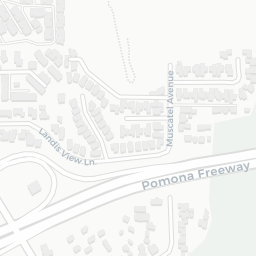Perfect Eating At the Restaurants Now
Nutrition (eating and drinking) is one of the essential human basic needs. It is indispensable as a measure for nutrient absorption and keeping the body healthy. A deviation from a balanced diet, both over- and undernourishment has a lasting impact on the quality of life. This is not just about the amount (quantity), but also about the value (quality) of the food consumed. You can visit https://cristalcellar.com/ for the same now.

The Best Nutrition
Nutrition is an important part of social and cultural identity. Food is also an expression of integration into certain social circles. It makes a difference whether we get currywurst with fries at the fries stall, a can of cola, or whether we take the time to enjoy only the finest dishes in a fine restaurant. My social classification can also be connected with eating in one or the other environment.
- Not only in the sick but also in the healthy, the diet can consciously or unconsciously be an expression of how you feel about yourself and your environment. Many “eat” their grief, their worries, their frustration (how do we feel) which will later become visible in our lifebuoys, the bacon pads. Quite a few take excessive starvation diets to be recognized by their environment (how does my environment perceive me).
- Nutrition (better “not eating”) can be compensated. We decide when we eat what and how much. This is particularly noticeable when people refuse to eat. In situations of own helplessness, the individual may be able to try to overcome his feeling of helplessness, even to the contrary.
- The way of eating or abstinence from eating (not able, not wanting), as well as the extent and value of food, play a central role in health and well-being. And not just in the physical area. Sick people and people in need of care are often unable to adequately provide themselves with solid food and liquids.
There is often a loss of hunger and thirst. This can lead to malnutrition without professional support. ‘In industrialized countries, approximately 20% – 60% of patients in hospitals and geriatric facilities are assumed to be malnourished’. Careful observation by the nursing staff is therefore of particular importance.
In the event of over-supply, too many nutrients (over-nutrition) are converted into depot fat and cause overweight, which can lead to cardiovascular disorders, vascular diseases, orthopedic diseases and others.
Overweight is currently assumed, depending on the age, from a BMI value
According to the expert standard nutrition, management to ensure and promote oral nutrition in nursing, ed. German Network for Quality Development in Nursing (DNQP) people with overweight, those who lose weight for therapeutic reasons and children and adolescents are not considered here.
Special attention should be paid to those people who, due to their personal situation, stop taking fluids and food (dying process). The dying must be offered food and drink, but there should be no pressure whatsoever. He only eats and drinks as much as he voluntarily wants! The effects of dehydration on death have not been adequately researched. The available studies do not provide conclusive evidence that dying people actually benefit from artificial hydration.
- Both artificial nutrition and artificial hydration should, therefore, be classified as a symbolic act in which care should be expressed.
- “You can’t just starve he/she” Even professional people cannot always avoid this view.
A realistic assessment of the situation of an elderly person in need of care is therefore dependent on careful observation and documentation based on it. Due to the complexity of the processes during a dying process, it should be taken into account that in addition to the statements on the “terminal restrictions” (see below), the risks and their resulting goals and measures are also checked and, if necessary, applied.

